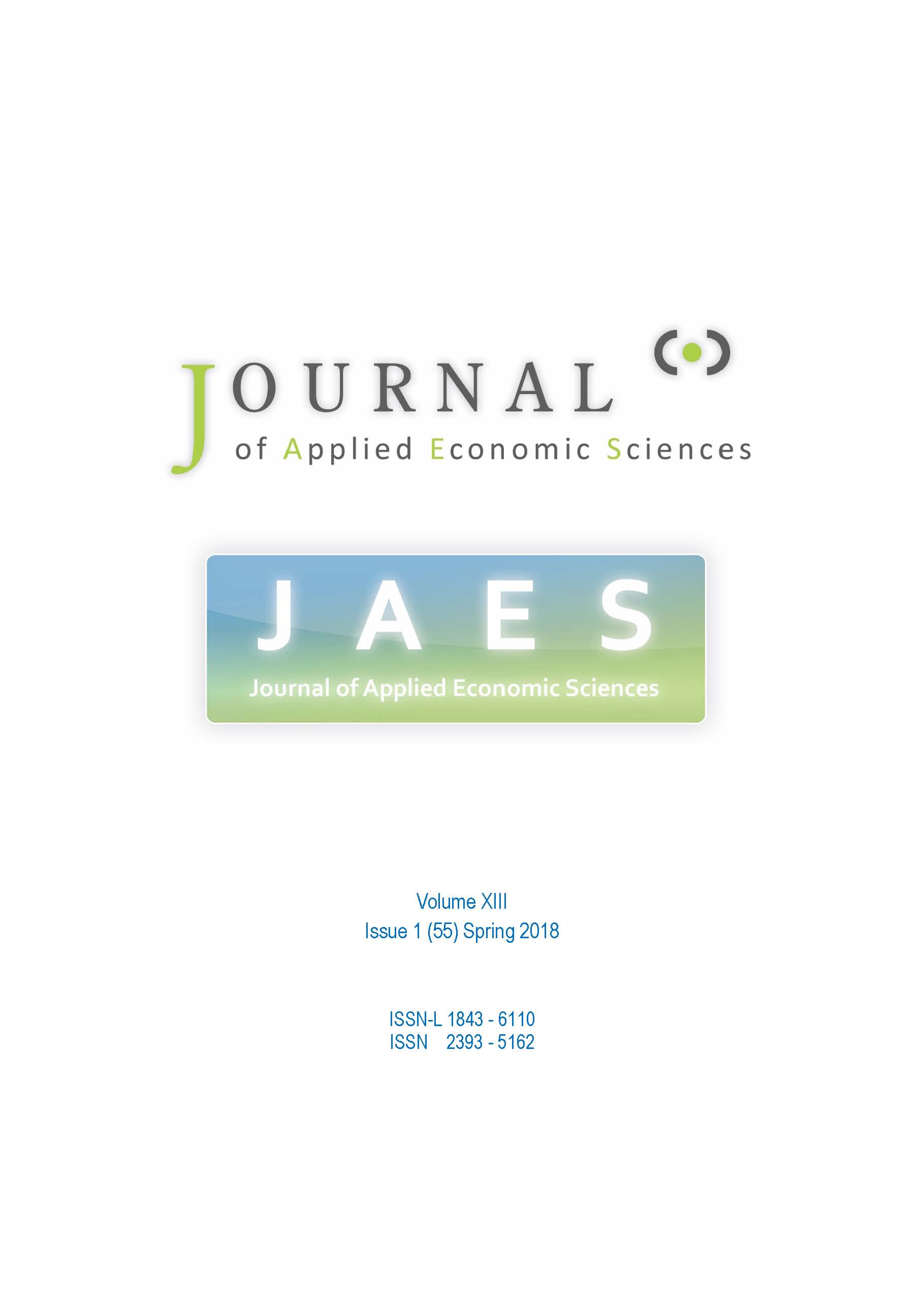Corporate Culture Key Criteria and Clustering
Corporate Culture Key Criteria and Clustering
Author(s): Liliia MATRAEVA, Alexey Belyak, Alexey KONOVSubject(s): Economy, Business Economy / Management, Human Resources in Economy
Published by: Reprograph
Keywords: corporate culture; cross-culture; interaction efficiency; cultural criteria; social analysis;
Summary/Abstract: The aim of this article is to revise the main distinctions between corporate cultures of different nations. National corporate cultures attract interest for economists all around the world. Such problem remains important nowadays as well, and it will be important in future, because effective cross-border cooperation is one of the crucial factors that attract overseas investors. Modern researches have proven that both cultural and financial cross-national bonds are getting stronger these days, which create new paradigms of international cooperation across the globe. Author set up new methods that analyse cross-cultural variance and statistically forecasting from the point of intercultural interaction. These methods are implemented for transnational cooperation assess and identification of its specific traits. The paper reflects a quantitative instrument that allows to measure cross-cultural conflictless and to sign out influenced criteria. The method can be applied in various levels, from measuring conflictless between two departments of a company to assessing return on investment of transnational companies coming to the new markets. Research is based on the criteria of corporate culture differentiation developed by Geert Hofstede. The study provides valuable information regarding the interaction of corporate cultures and enables to address this traditionallyempiric question from statistical point of view.
Journal: Journal of Applied Economic Sciences (JAES)
- Issue Year: XIII/2018
- Issue No: 55
- Page Range: 34-42
- Page Count: 9
- Language: English

